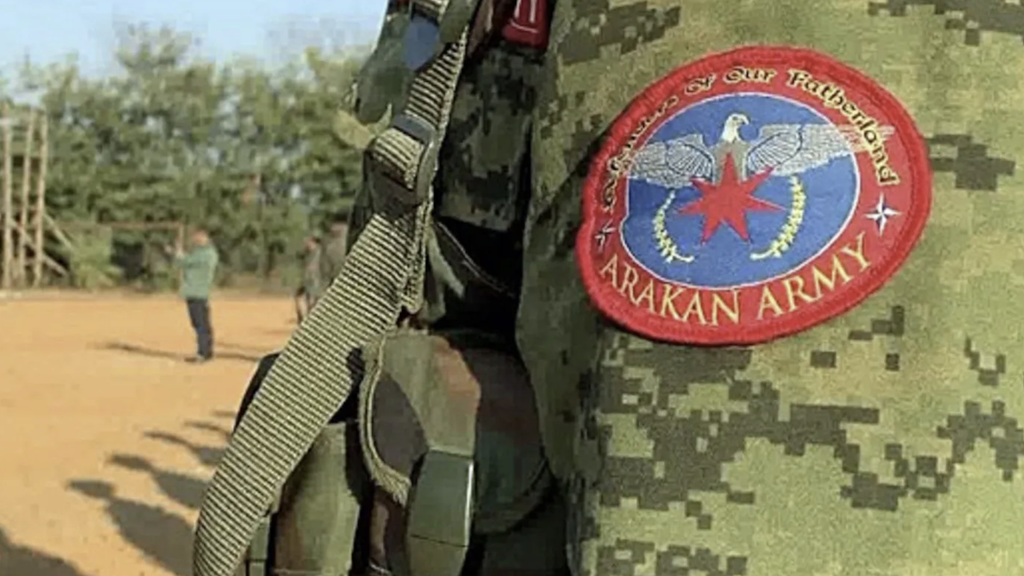Order by Township Administrator calls Rohingya ‘Bengalis
- 08/08/2011
- 0
By KPN
Maungdaw, Arakan State: Maungdaw Township General Administrator (earlier known as Mayaka in Burmese) U Aung Kyaw Oo on July 22 released an order against the Rohingya community calling them Bengalis, said a local elder from Maungdaw Town.
“In this notice, he mentioned that though an order has been released earlier for the Bengali people who have been living in Arakan State to use Form (4) when they want to go from one place to another, they do not use Form (4) for traveling. They carry temporary ID cards without taking Form (4).”
In reality, Form (4) is only for foreigners, but the authorities force the Rohingya people to complete this form when traveling to other places. Otherwise, Rohingya travelers are not able to go other places. The authorities also force them to take Bengali names in place of Rohingya, said a trader from the locality.
As a result, it is learnt that the travelers committed crimes against existing law Act No. (188), and the concerned authorities give punishment to them, so that the office has to release this order on July 22.
Therefore, all the Rohingya travelers have to complete Form (4) before traveling from one place to another; otherwise they will be punished heavily according to Act (188). All the village chairmen are being asked to hang the notice in an open area of the offices to be seen by all the people and raise awareness among the villagers regarding the notice.
The order’s validity is from July 22 to September 20. This order has been sent to all the offices of Maungdaw Township, including all Nasaka areas, Nasaka headquarters, the District Immigration Office, Township Immigration Office, District Police Stations, District General Administration Office, Township Judgment Office, Township Law Office, and all the village administrator’s offices. However, it is not released in Buthidaung Township, said one of the local village administration officer.
After releasing the order, combined Nasaka and immigration forces went to villages or wards of Maungdaw Township after 9 pm to check family lists and count the family members, sometimes taking away family lists and telling the families to take it back from the camp. When one of the family members goes to the camp, he has to pay money to the authority to get his/her family list again, said one of the family members who paid money for his family list.







